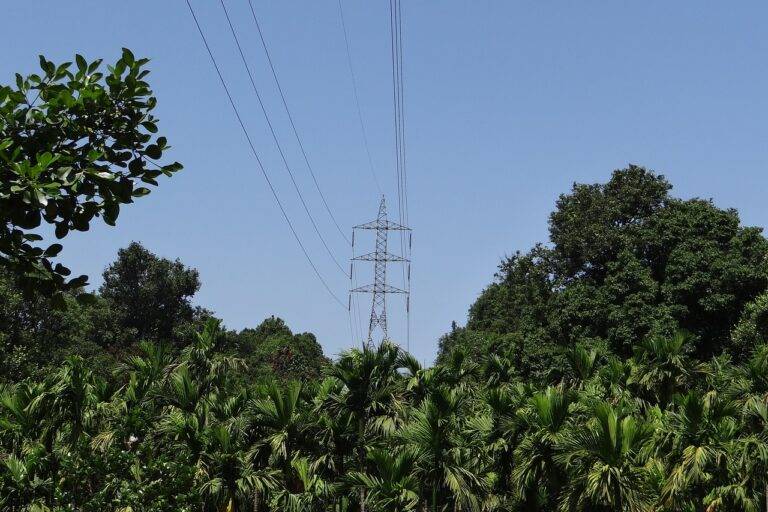Exploring the Impact of Urbanization on Electoral Dynamics: All pannel.com, Lotus book 365, Laserbook247
all pannel.com, lotus book 365, laserbook247: The impact of urbanization on electoral dynamics is a topic that has gained much attention in recent years. As more and more people move to cities, the way we approach and think about elections is changing. In this blog post, we will explore the various ways in which urbanization is influencing electoral dynamics across the globe.
Urbanization is the process of population shift from rural to urban areas. This phenomenon has been occurring steadily over the past century, with more than half of the world’s population now living in cities. As this trend continues, it is inevitable that urban centers will have a significant impact on political landscapes and electoral dynamics.
One of the key ways in which urbanization is influencing electoral dynamics is through demographic shifts. Cities tend to have a younger and more diverse population than rural areas, which can lead to different voting patterns and priorities. For example, younger urban voters may be more concerned about issues such as climate change and affordable housing, which can influence the candidates they support and the policies they prioritize.
Furthermore, the concentration of people in urban areas can also lead to the formation of political movements and grassroots organizations. These groups can mobilize voters, organize protests, and influence the political agenda in ways that were not possible in smaller, more dispersed communities. This can lead to a more engaged and active electorate, as well as a greater diversity of voices in the political process.
Urbanization also has implications for electoral systems and voting procedures. In some cases, the rapid growth of cities can strain electoral infrastructure, leading to long lines at polling stations and logistical challenges in counting votes. Additionally, the diversity of urban populations can make it challenging to accurately represent all voices in the political process, leading to debates about gerrymandering and proportional representation.
Overall, the impact of urbanization on electoral dynamics is complex and multifaceted. As cities continue to grow and evolve, it is likely that they will play an increasingly important role in shaping political outcomes and influencing the democratic process.
—
FAQs:
1. How does urbanization affect voter turnout?
Urbanization can have both positive and negative effects on voter turnout. On one hand, the concentration of people in urban areas can make it easier to mobilize voters and increase turnout. On the other hand, logistical challenges such as long lines at polling stations can discourage people from voting.
2. Is gerrymandering more common in urban or rural areas?
Gerrymandering can occur in both urban and rural areas, but it is often more prevalent in urban areas where there is a greater diversity of voters and potential for manipulating electoral boundaries.
3. How can urbanization lead to the formation of political movements?
The concentration of people in urban areas can create a sense of community and shared interests, leading to the formation of political movements and grassroots organizations. These groups can mobilize voters, organize protests, and influence the political agenda.
4. What are some potential solutions to the logistical challenges of urban voting?
Some potential solutions to the logistical challenges of urban voting include implementing early voting options, expanding mail-in voting, and increasing the number of polling stations in densely populated areas.







